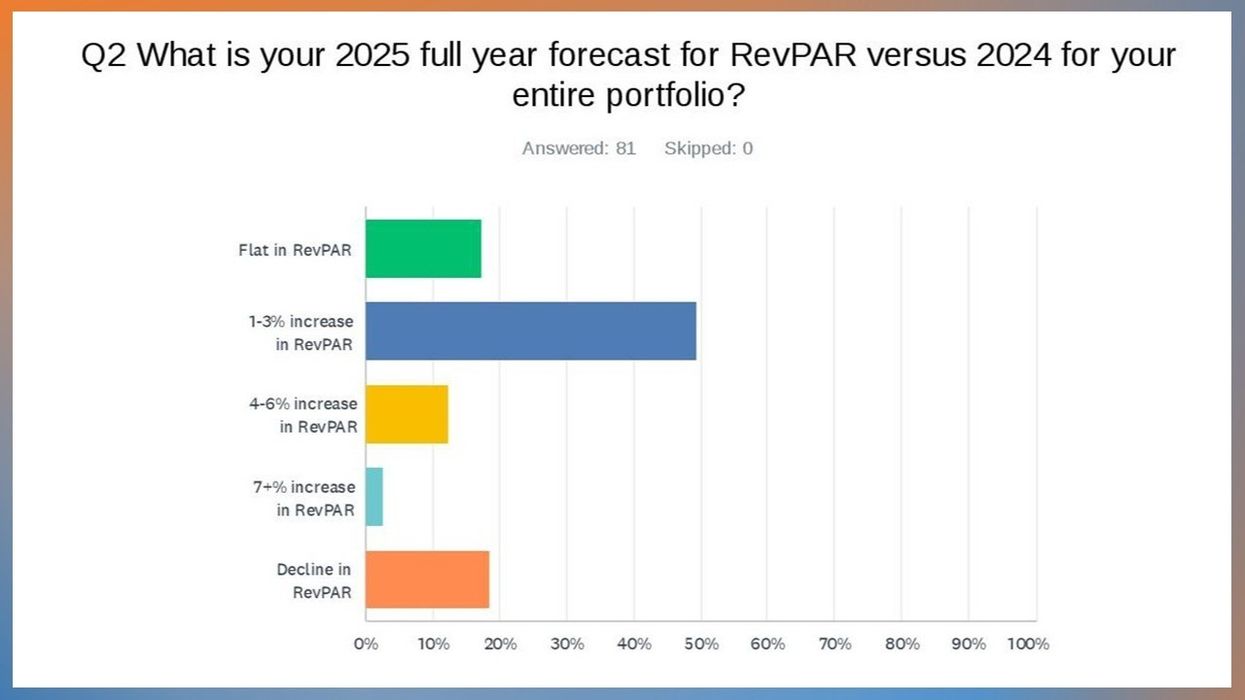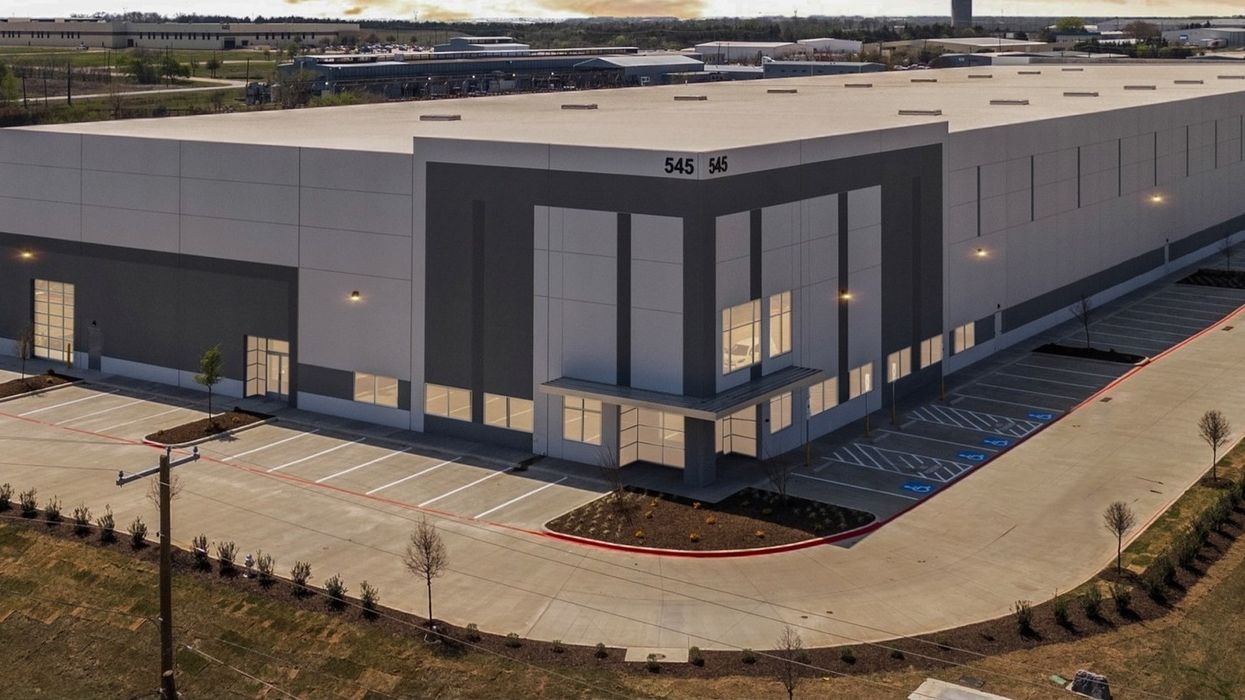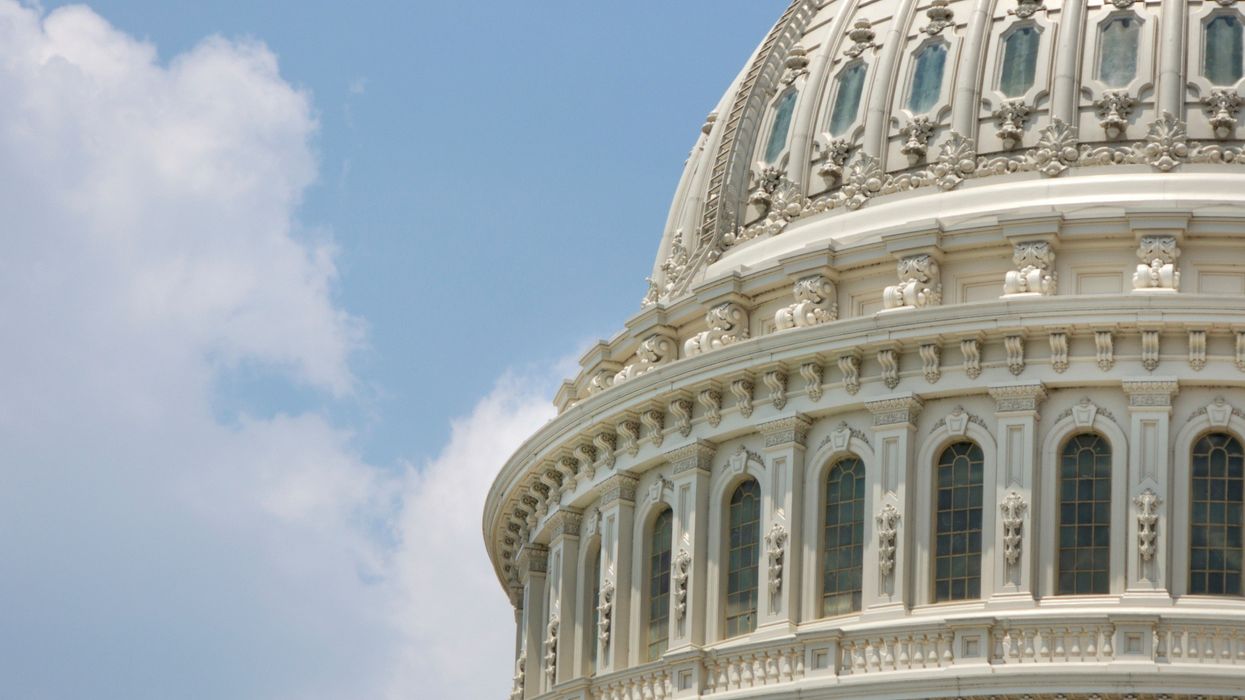What makes extended-stay hotels better than vacation rentals?
EXTENDED-STAY HOTELS OUTPERFORM vacation rentals and apartments in comfort, value and sense of home, according to a survey by Extended Stay America. About 79 percent of respondents said extended-stay hotels are like a home away from home, while 82 percent said they offer a stronger sense of home than vacation rentals or apartments.
In the national survey by ESA and Wakefield Research, respondents preferred extended-stay hotels over other options, citing amenities at 34 percent, comfort and familiarity at 33 percent and personalization at 30 percent.
About 43 percent said extended-stay hotels are more affordable and offer better value than rentals or apartments.
About 89 percent of respondents said extended-stay hotels meet a need for people in transition, according to the report. The survey found that 66 percent view them as a temporary replacement for home, often during renovation, relocation, or financial hardship.
“For more than 30 years, Extended Stay America has remained exclusively focused on meeting the needs of long-term guests,” said Greg Juceam, ESA president and CEO. “As a pioneer of the extended-stay segment, we’re proud to see these survey findings confirm that our guests value what sets us apart—affordability, the comforts of home and genuine care.”
Having a full-size kitchen is a plus, the survey said. Nearly 49 percent of respondents said it is the main advantage over traditional hotels and 61 percent said having a kitchen saves them more than $75 per week.
About 85 percent of respondents said they would choose an extended-stay hotel for future lodging, while 64 percent cited the sense of community they provide.
ESA operates more than 700 extended-stay hotels in the U.S. under the Premier Suites, Suites and Select Suites brands.
The Highland Group reported that U.S. extended-stay and overall hotel RevPAR declined in April, reflecting their long-term correlation.

















